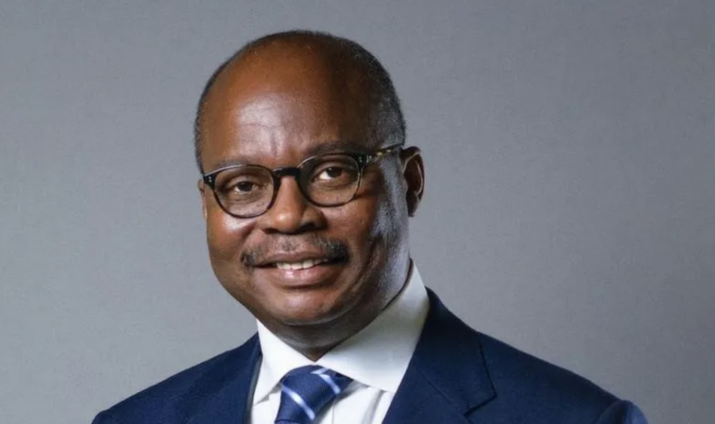The Governor of the Bank of Ghana (BoG) Dr. Ernest Addison has disclosed that he inherited a challenging banking sector that had the International Monetary Fund (IMF) already recommending strict reforms, including the revocation of the banking licenses of UT Bank and Capital Bank.
The banking licences of the two banks were revoked in August 2017, the same year Dr. Addison assumed office at the central bank.
Speaking at this year’s Governor’s Day dinner organised by the Chartered Institute of Bankers, Dr. Addison said the Bank of Ghana was faced with no option but to take tough measures in revoking the licenses of the banks to protect the financial sector.
“There are a few requirements which the IMF calls the prior actions, you have to do this, you have to do that otherwise they are not even going to organize a board meeting to discuss Ghana and disburse any funds to you”.
He stated that such requirements compelled the Bank of Ghana to undertake the reforms.
“This was one of the prior actions to dissolve UT and Capital Bank. Ghanaians had never seen that in a long period of time. People were shocked when the licences of those two banks were pulled”.
According to Dr. Addison, the measures taken to clean up the financial sector strengthened the banks to withstand external shocks associated with the COVID 19 and the Russian Ukraine war.
Background
In 2017, Dr. Addison blamed the lack of good corporate governance for the collapse of UT and Capital bank.
Speaking at a breakfast meeting at the Banking College, Dr. Addison said good corporate governance is not only essential to minimizing risk but it is also fundamental to improving economic performance.
He said, “Corporate governance plays an important role in promoting a sound financial system, contributing significantly to improving overall performance not only in profits but in credibility.”
Addressing the revocation of the licenses of UT and Capital Bank earlier in the year, he said “the revocation of banking licenses of UT and Capital bank due to significant capital deficiencies, also partly reflected poor corporate governance practices within these institutions.
Latest Stories
-
Nkwanta South MCE pays courtesy call on national Chief Imam, seeks prayers for peace
13 minutes -
Kwasi Sibo helps power Real Oviedo to LaLiga promotion after 24-year wait
18 minutes -
Broadcast and Build: How 2 of Ghana’s leading media giants are driving a bold socio-economic reset through strategic trade fairs
41 minutes -
Actress Kalsoume Sinare named Ghana’s ambassador to Spain
1 hour -
Nkyinkyim says band music pays, but only with proper investment
2 hours -
Ecobank-JoyNews Habitat Fair: Day 3 promises mouth-watering discounts and great sales
2 hours -
Parents now request music lessons for their children from us – Nkyinkyim band
2 hours -
Arthur K slams NPP for ‘acting in the interest of a small cabal’
2 hours -
Veronica Kumi Yeboah Organises Career Guidance Fair for Students in Tano North
3 hours -
World Refugee Day: Ghana, three others host 160,000 refugees and asylum seekers – EU
3 hours -
Trump calls US strikes on Iran’s nuclear facilities ‘spectacular success’
3 hours -
Asantehene’s son to chart future in Astronomy at Wesleyan University
3 hours -
Mpox crisis: 71% of cases concentrated in Western Region
3 hours -
FIFPRO condemns Geremi Njitap ban, urges FIFA and CAF to act
4 hours -
Samuel Eto’o bans former teammate Geremi Njitap for five years
4 hours

